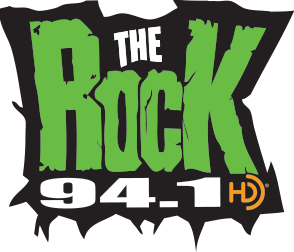PIERRE, S.D.(The Dakota Scout)- South Dakota lawmakers have “pop-up” medical marijuana card clinics in their crosshairs.
A contingent of Republican legislators in the South Dakota House is hoping to narrow down who can certify patients to use and grow medical marijuana in the state. This stems from the arrival of several companies in South Dakota that connect cannabis-friendly doctors with applicants for the Department of Health’s medical marijuana program.
Rep. Brandei Schaefbauer of Aberdeen told The Dakota Scout this week that she has drafted legislation that would amend the definition of what constitutes a “patient-practitioner” relationship. The specific intent is to require individuals to go through their primary care provider when seeking a medical marijuana card. Under the freshman legislator’s bill, a patient could also see a medical professional who isn’t their primary care provider if the doctor or physician specializes in treating a debilitating medical condition to obtain an ID card.
“Why is it so easy to get this at pop-up clinics when you can’t obtain narcotics the same way legally?” Schaefbauer said, referring to companies like My Marijuana Cards and MMJ Card Clinic that specialize in medical cannabis certifications. “You have to have a relationship with your practitioner to get a narcotic, unless it’s an emergency situation.”
Lawmakers like Schaefbauer and Rep. Fred Deutsch of Florence have criticized “pop-up” clinics for undermining the state’s medical marijuana program by rubber-stamping applications for medical marijuana card certifications.
Matthew Schweich, head of the campaign committee that pushed medical marijuana legalization to passage in 2020, blasted the legislation as another attempt to water down South Dakota’s medical marijuana program. And though he’s not the primary drafter of the latest bill, Schweich criticized Deutsch for his efforts to undercut access to medical marijuana here.
“Rep. Deutsch’s obsession with criminalizing medical cannabis patients in defiance of the will of the people will continue, and I am not surprised,” Schweich said.
Schaefbauer and Deutsch, though, contend that if marijuana is medicine, there shouldn’t be different prescribing and certification practices.
“If this is truly a medical service that we are providing, then we need to treat it like that and have robust and safe standards,” Schaefbauer said. “Meeting in a hotel room is not safe medical standards.”







